RAID 1 - The Guardian of Data Redundancy
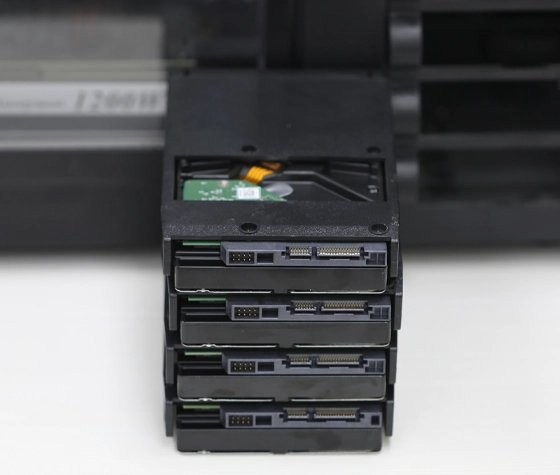
RAID 1, or mirroring, copies data across multiple drives for redundancy and fault tolerance. It creates an exact duplicate of the data on one drive onto another.
This setup is primarily utilized for data protection rather than performance enhancement, as it does not offer the same level of speed improvements as certain other RAID configurations. It effectively ensures data availability and reduces the risk of data loss. RAID 1 writes the same data to two or more hard drives simultaneously, preventing complete data loss.
RAID Recovery Services takes great pride in being a certified and accredited company that specializes in data recovery. We are renowned for our exceptional services, strictly adhering to the highest industry standards.
Facing RAID 1 failure in our data-centric world can be disastrous, but RAID Recovery Services offers a crucial lifeline. Our team of expert professionals and cutting-edge technology ensures your priceless data’s efficient and successful retrieval.
RAID 1 Failure and Data Loss
RAID 1 mirrors data for redundancy, but it’s not immune to loss from drive failure, deletion, or corruption. When data loss strikes, a structured recovery strategy is critical for business continuity.
Start with RAID management software or system logs to identify the failed drive. Accurate diagnosis prevents further data risk and sets the foundation for successful recovery.
Safely remove the failed drive from the array. Label all drives clearly to preserve the array’s original structure and reduce the chance of reconfiguration errors.
Use enterprise-grade recovery tools to scan the healthy mirror. These tools can retrieve deleted, lost, or corrupted files. If recovery fails, escalate to specialists.
When software falls short, professional recovery firms use lab-grade tools to retrieve critical business data. Avoid further damage. Contact experts early for optimal results.
RAID 0 does not offer any data protection against a single disk failure and is not recommended for critical data storage. Users should be aware of these risks and take precautions to ensure their data’s safety and integrity. By understanding the potential risks associated with RAID 0 arrays, individuals can make more informed data storage and protection decisions.
RAID 1 Disk Recovery
When RAID 1 systems fail, securing data integrity and minimizing downtime is paramount. Attempting DIY recovery can lead to permanent data loss—engage professional recovery services to protect business continuity and ensure compliance with data protection standards.
Establish a controlled, threat-free recovery environment before taking any action. Run malware scans, apply security patches, and isolate affected drives to prevent unauthorized access or contamination during the process.
Avoid writing to the failed disk under any circumstances. Doing so may overwrite recoverable data and exacerbate drive corruption. Instead, create a sector-level clone of the affected drive and engage certified recovery specialists equipped to handle mirrored array failures.
Choosing a provider with ironclad data privacy policies and enforceable NDAs is non-negotiable. RAID Recovery Services offers enterprise-grade solutions with a strict confidentiality framework, ensuring sensitive business data stays protected at every stage.
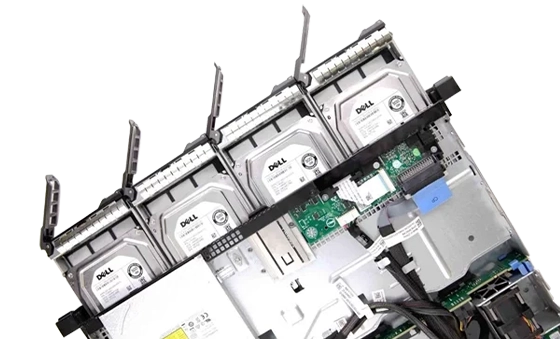
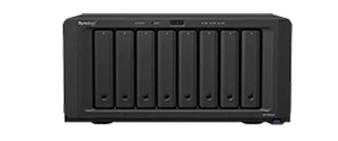
If you need to recover data from a failed RAID 0 array, contact our team of experts for fast and reliable recovery services.
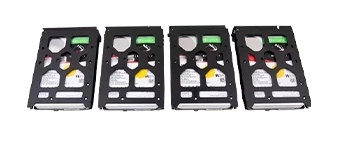
For fast and reliable recovery services to retrieve data from a failed RAID 1 array, reach out to our team of experts.
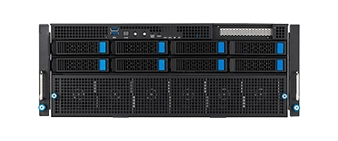
If you require data recovery from a RAID 5 array, contact to our professional team for trustworthy recovery services.
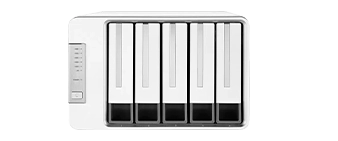
Contact our expert team for fast and reliable recovery services for failed RAID 6 arrays. Recover your valuable data with us.
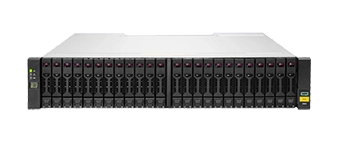
Need data recovery from a failed RAID 10 array? Contact our experts for reliable and fast recovery services.
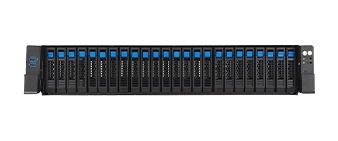
For professional data recovery from a RAID 50 array, contact our team of experts who offer reliable recovery services.
Emergency RAID 1 Recovery
At RAID Recovery Services, we understand the significance of time in data loss situations. We offer expedited emergency services to ensure a swift and successful recovery. Reach out to us today for a complimentary consultation and allow us to help you retrieve your valuable data from your RAID 1 array. We are here to support you every step of the way.
